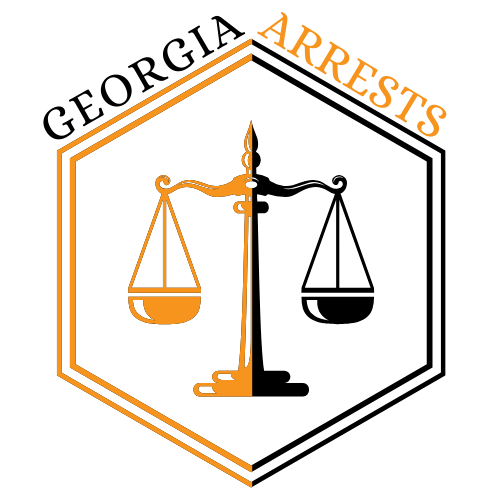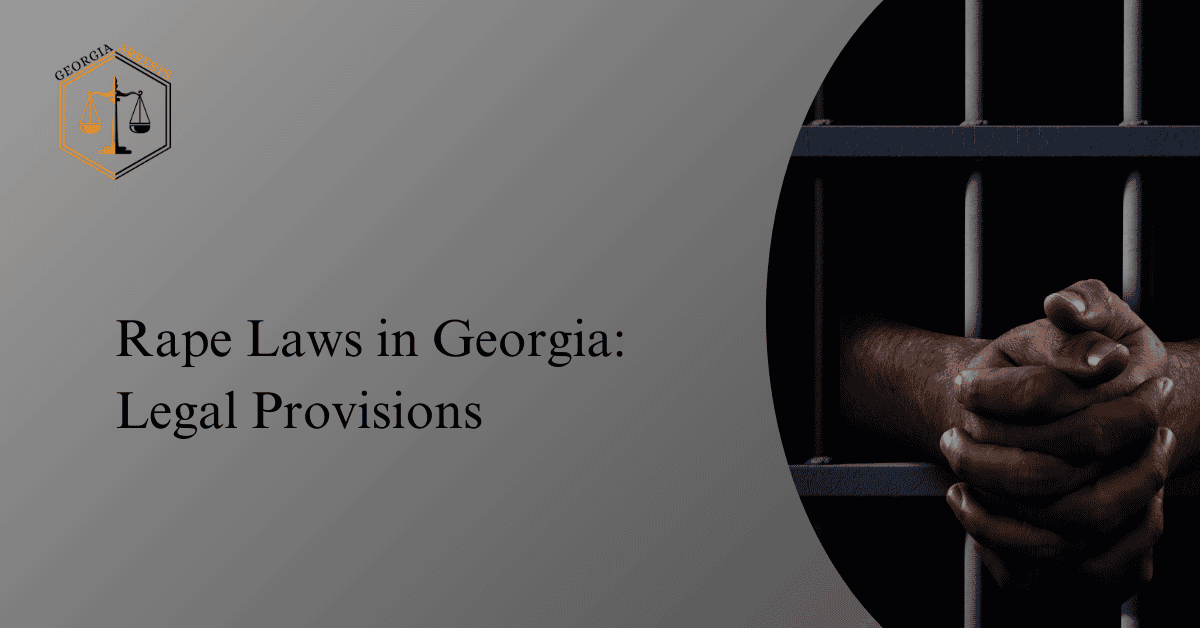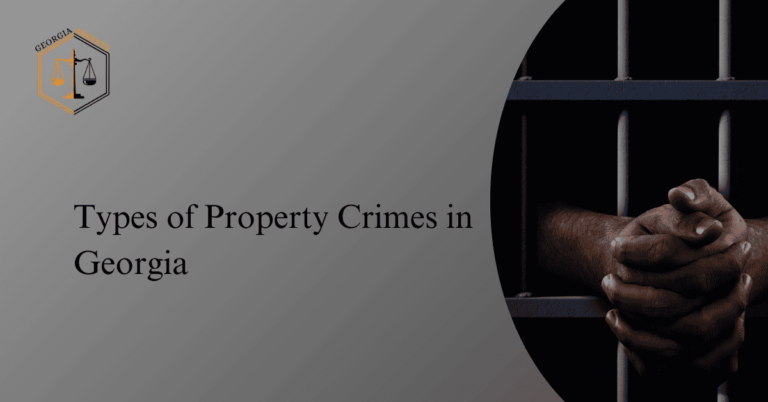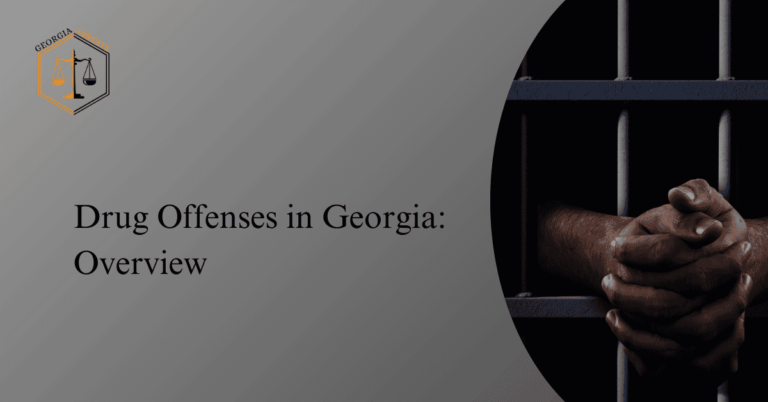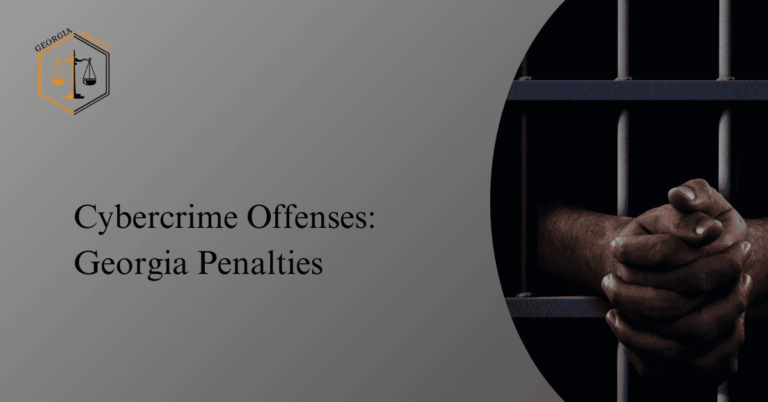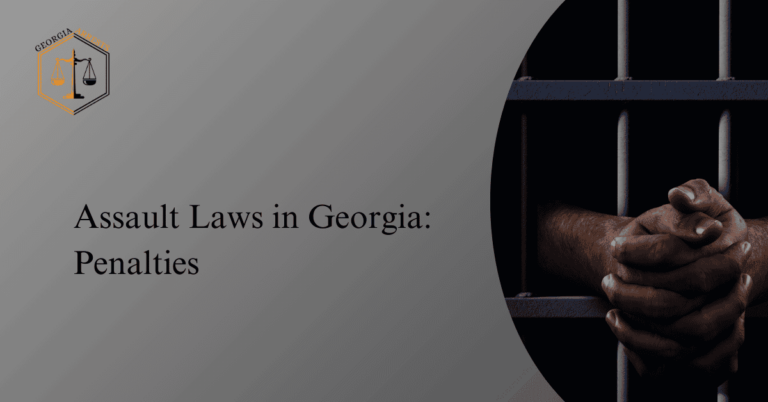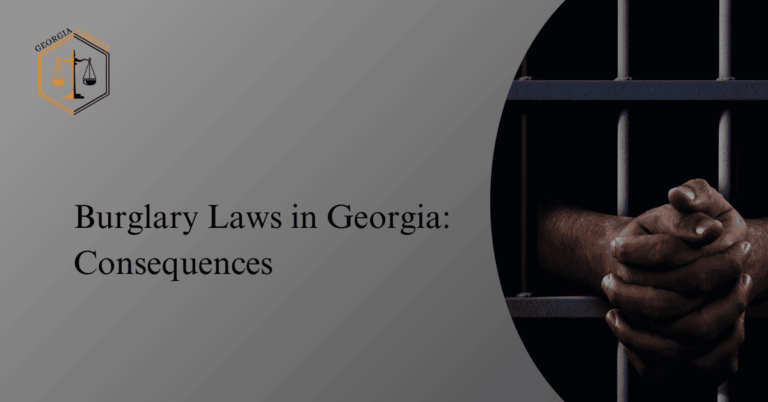Rape Laws in Georgia: Legal Provisions
Rape laws in Georgia outline the legal provisions in place to address and prosecute cases of sexual violence within the state. These laws encompass regulations and guidelines designed to protect victims, hold perpetrators accountable, and ensure justice is served. Understanding the intricacies of these legal provisions is essential for both residents and visitors in Georgia.
Legal provisions related to rape in Georgia cover a range of aspects, including definitions of consent, penalties for offenders, and support services available to survivors. By familiarizing oneself with these laws, individuals can navigate potential situations with more clarity and knowledge. It is crucial to be informed about the legal framework surrounding rape to promote a safer and more just society for all.
Definition of Consent in Georgia Rape Laws
In Georgia rape laws, consent is defined as a clear, voluntary, and affirmative agreement to engage in sexual activity. Lack of consent occurs when force, intimidation, or incapacitation is involved, or when the individual is unable to understand the nature of the act due to age or mental capacity. Understanding this definition is crucial for legal clarity and protection of victims’ rights.
The Legal Definition of Consent
Consent, in the context of Georgia rape laws, refers to the voluntary agreement of an individual to engage in sexual activity. It is crucial to understand that consent must be given freely and willingly, without any form of coercion or manipulation. In Georgia, the law states that individuals must be of legal age and have the mental capacity to provide consent.
Factors that Determine Consent in Rape Cases
Several factors play a role in determining whether consent was given in a rape case in Georgia. These factors may include the use of force or threats, the presence of drugs or alcohol impairing judgment, and the mental capacity of the individuals involved. It is essential for all parties to clearly communicate their intentions and boundaries to ensure that consent is properly established.
Penalties for Offenders in Georgia Rape Laws
Penalties for offenders under Georgia rape laws are severe, reflecting the gravity of the crime. Convicted individuals face lengthy prison sentences, substantial fines, and mandatory registration as sex offenders. These stringent penalties aim to provide justice for victims and deter future offenses.
Overview of Punishments for Perpetrators
Perpetrators convicted of rape in Georgia face severe penalties, including lengthy prison sentences and hefty fines. The severity of the punishment often depends on the specific circumstances of the case, such as the age of the victim, the use of violence, and the criminal history of the offender. Judges may also consider factors like remorse and cooperation during sentencing.
Legal Consequences for Convicted Offenders
In addition to criminal penalties, individuals convicted of rape in Georgia may also face civil consequences, such as lawsuits filed by the victims for damages. These legal consequences can have long-lasting effects on the offender’s personal and professional life, including restrictions on where they can live and work. It is essential for offenders to understand the gravity of their actions and the potential repercussions of their behavior.
Support Services for Rape Survivors in Georgia
Support services for rape survivors in Georgia provide essential resources such as counseling, medical care, and legal assistance. These services aim to aid survivors in their recovery process, ensuring they receive compassionate support and access to justice. Organizations and hotlines are available to offer immediate and ongoing help to those in need.
Access to Resources for Victims
Rape survivors in Georgia have access to a wide range of support services, including counseling, legal assistance, and medical care. These resources are designed to help survivors cope with the trauma of their experience, navigate the legal system, and rebuild their lives. It is crucial for victims to seek help as soon as possible to ensure they receive the support they need.
Organizations Providing Support and Assistance
Several organizations in Georgia are dedicated to supporting rape survivors and advocating for their rights. These organizations offer a variety of services, such as crisis hotlines, support groups, and educational programs. By partnering with these organizations, survivors can access the resources and assistance they need to heal and move forward with their lives.
Frequently Asked Questions
Our FAQ section aims to address common queries about rape laws in Georgia, providing detailed and comprehensive information for our readers.
What are the legal provisions for rape in Georgia?
Rape in Georgia is defined as the act of carnal knowledge against the victim’s will and without their consent. The legal provisions for rape in Georgia are outlined in the Georgia Code Title 16, Chapter 6, which categorizes rape as a felony offense. The law specifies that any person who commits rape shall be punished by imprisonment for a term of not less than ten nor more than 20 years.
Is there a statute of limitations for rape cases in Georgia?
In Georgia, there is no statute of limitations for rape cases. This means that a victim can come forward and report a rape at any time, regardless of how much time has passed since the incident occurred. The lack of a statute of limitations reflects the seriousness of rape as a crime and aims to ensure that perpetrators can be held accountable for their actions regardless of when the crime took place.
How does Georgia define consent in relation to rape?
In Georgia, consent is defined as a voluntary agreement to engage in sexual activity. The law specifies that consent must be given freely and willingly by all parties involved. It is important to note that consent cannot be given if the individual is incapacitated, unconscious, or under the influence of drugs or alcohol. Lack of consent is a key factor in determining whether an act constitutes rape under Georgia law.
What support services are available for rape survivors in Georgia?
Rape crisis centers and advocacy organizations in Georgia provide a range of support services for survivors of sexual assault. These services may include crisis intervention, counseling, legal advocacy, and support groups. Additionally, the Georgia Network to End Sexual Assault (GNESA) offers resources and assistance to survivors, as well as training and education to raise awareness about sexual violence in the community.
What should I do if I have been a victim of rape in Georgia?
If you have been a victim of rape in Georgia, it is important to seek medical attention immediately and contact law enforcement to report the crime. You may also consider reaching out to a rape crisis center or advocacy organization for support and guidance. Remember that you are not alone, and there are resources available to help you through this difficult time.
